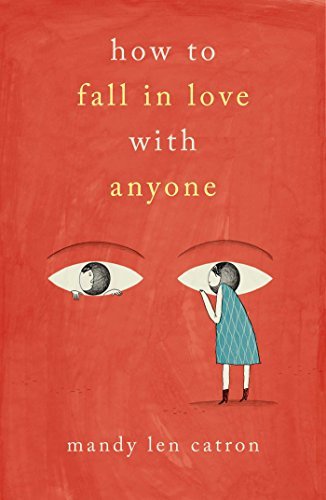What do you think?
Rate this book


258 pages, Kindle Edition
First published June 27, 2017


“When it comes to love, we prefer the short version of the story. My Modern Love column had become an oversimplified romantic fable suggesting there was an ideal way to experience love. It made love seem predictable, like a script you could follow.”
“The pleasure of early-stage romantic love is so powerful, and so neurochemically intoxicating, that we can’t help but aspire to a real-life version of what we feel while watching a movie.”
“The problem with most conventional love stories is that they fail to expand what we know about love. They limit. They prescribe. And it is very easy to consume the same story over and over as you go about your life without even noticing it.”